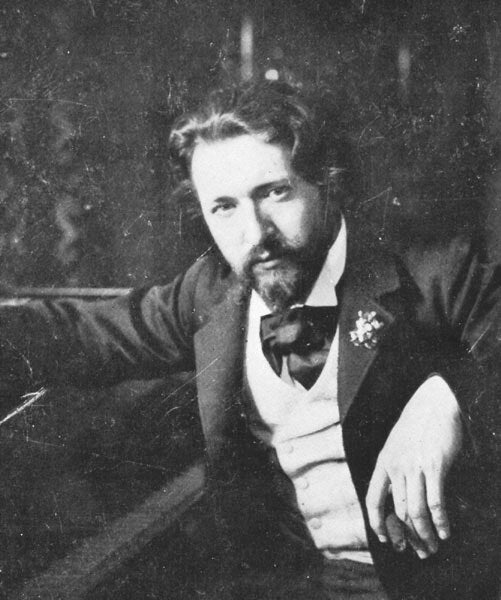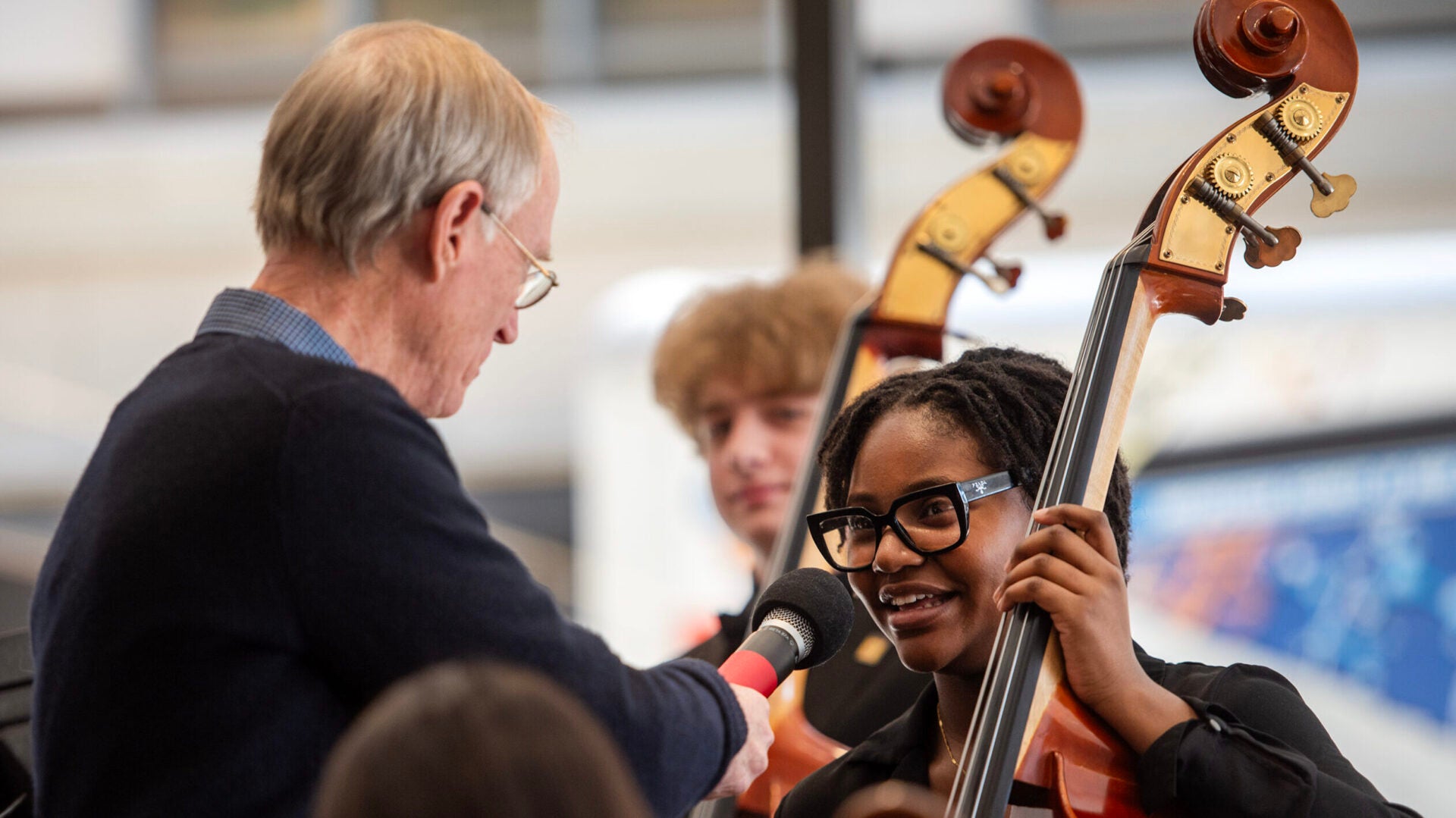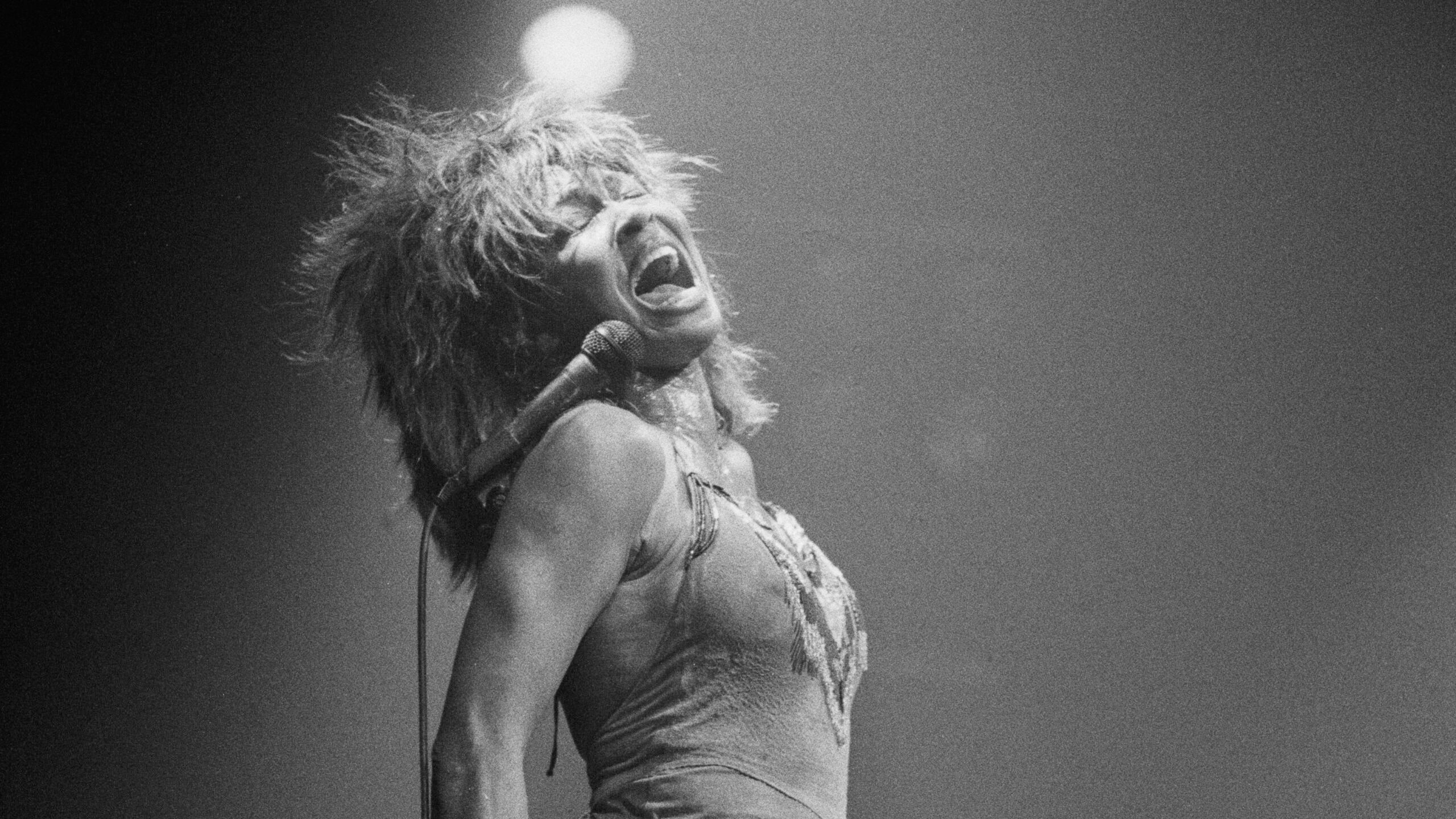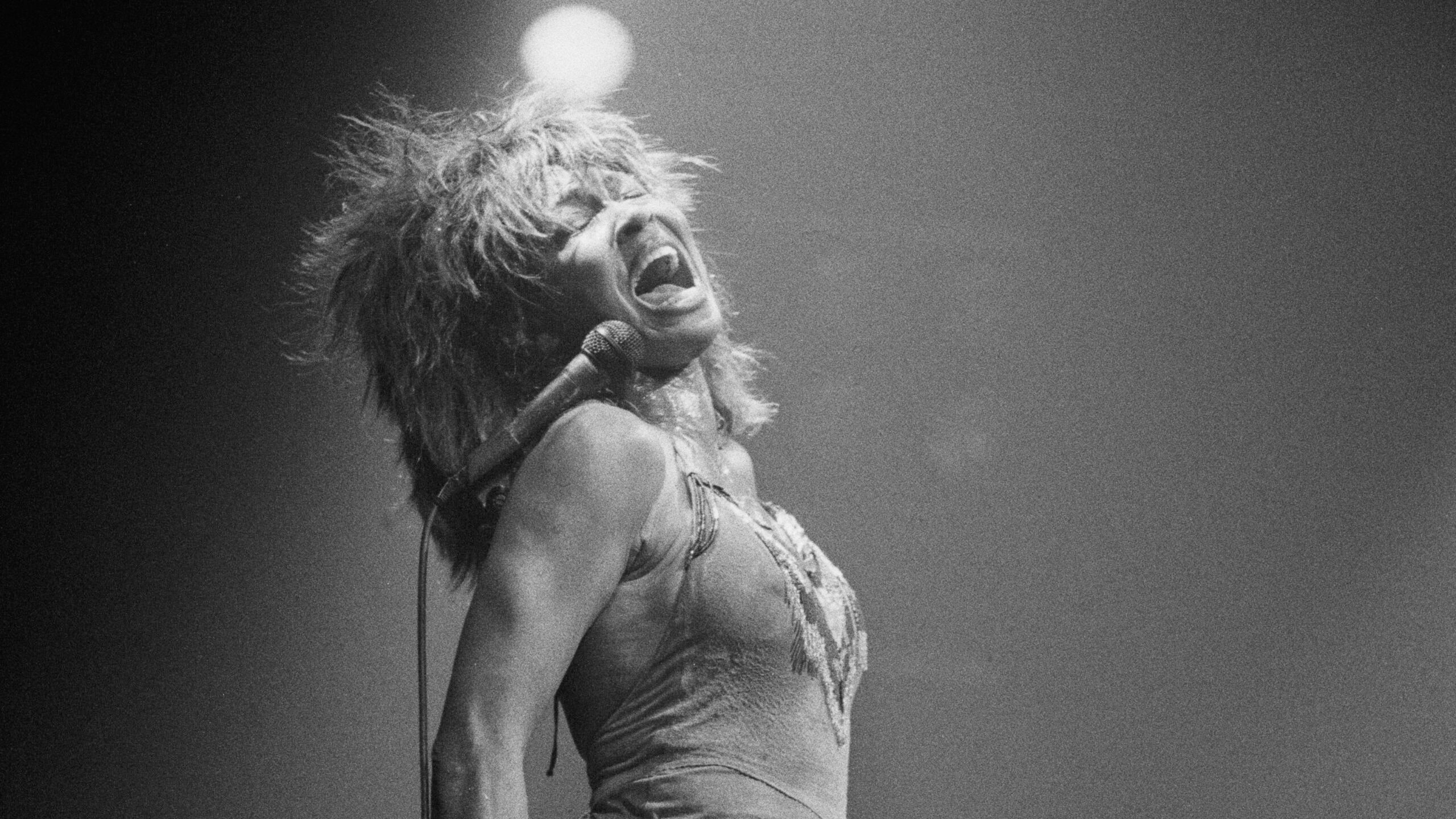On January 31st, 1915, one of Italy’s great composers, a homesick Feruccio Busoni had just arrived in New York, and in a letter to pianist Egon Petri he turned his thoughts to the latest musical events.
“I sent you two long letters from on board ship. The morning was made magical by a light fog and the haze I describe as sun-particles. For each of us this arrival is confusing yet stimulating. I was moved by the spectacle. But by the time we had gotten to the center of town, my heart had sunk. And that’s where it has stayed until now, the twelfth day.
“My friend Walter Rothwell has been relieved of his post as conductor in St. Paul, Minnesota. A railway company that used it to inform cities on its line that St. Paul was a cultural center worth visiting bankrolled the orchestra. But apparently St. Francis found a more willing audience among the birds than did St. Paul among the cities of Minnesota, because the orchestra, being deemed unprofitable, has been disbanded. To the great joy of the city of Minneapolis, which is now touting its orchestra as the cultural figurehead of the whole state and sending it all over the place.
News with a little more humanity
WPR’s “Wisconsin Today” newsletter keeps you connected to the state you love without feeling overwhelmed. No paywall. No agenda. No corporate filter.
[Their conductor is a German who (when he wears a hat) has a head of long, thick hair, but is bald when he takes his hat off, wears gold-rimmed glasses, and likes to be photographed wearing tails.]
There’s a new opera by Umberto Giordano in which one of the characters is Napoleon. Tricky for the singer since he can’t sing with his arms folded and has the choice of remaining silent or revealing his shortcoming.
Yesterday I heard Fidelio and was moved by the music. Too bad the singers are such a distraction in opera performances. And you have to listen to them! The public goes to the opera because of the singers, not the music. [Well, now I have to go get changed for my afternoon concert.”]
A letter from Ferruccio Busoni to Egon Petri written in New York on January 31st, 1915.
Wisconsin Public Radio, © Copyright 2026, Board of Regents of the University of Wisconsin System and Wisconsin Educational Communications Board.




